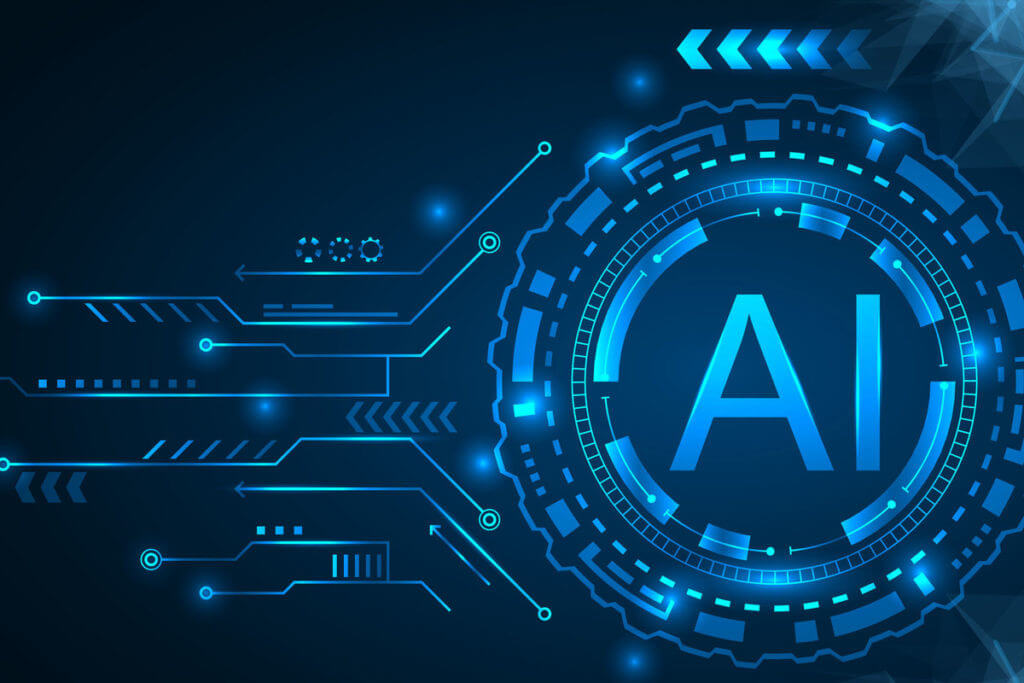The UK Supreme Court has reinforced the principle that artificial intelligence (AI) cannot be recognized as an inventor in patent applications. Dr. Stephen Thaler’s attempt to designate his AI, Dabus, as the inventor of a food container and a flashing light beacon was declined by the Intellectual Property Office (IPO) in 2019. Both the High Court and the Court of Appeal upheld this decision, emphasizing that only individuals could be credited as inventors, not AIs.
The recent ruling by five Supreme Court judges affirms that an inventor must be a person, firmly asserting that AI lacks the qualification to secure patent rights by being named as an inventor. Notably, this decision does not address whether Dabus actually created the food container and light.
Dr. Thaler, advocating that Dabus possesses consciousness and intelligence, expressed disappointment, highlighting the ongoing debate between human and machine intelligence. Meanwhile, the IPO welcomed the ruling, signaling the need to review patent laws to accommodate AI innovation while ensuring the UK patent system remains supportive.
Experts pointed out that the judgement doesn’t prevent individuals from using AI to devise inventions, allowing for patent applications if the person involved is acknowledged as the inventor. However, questions persist regarding AI-generated works, including who holds copyright—the AI’s programmer, the user prompting the machine, or potentially the AI itself, as argued by Dr. Thaler.
Professor Ryan Abbott, representing Dr. Thaler, noted that the decision reshapes the definition of an “inventor” in UK patent law, suggesting that companies utilizing AI for product development must credit themselves or their employees as inventors, even if their involvement merely involves activating the AI.
Anticipating advancements in AI generating novel ideas autonomously, legal experts foresee mounting pressure for amendments to existing laws. The IPO acknowledged the legitimacy of concerns about how the patent system should address AI creations and emphasized that any future changes would likely require an international approach.
In response to a consultation on AI and intellectual property, the UK government, in June 2022, concluded that current patent laws should remain unchanged. The Supreme Court’s ruling does not alter this stance, affirming the potential need for future alterations at an international level.





